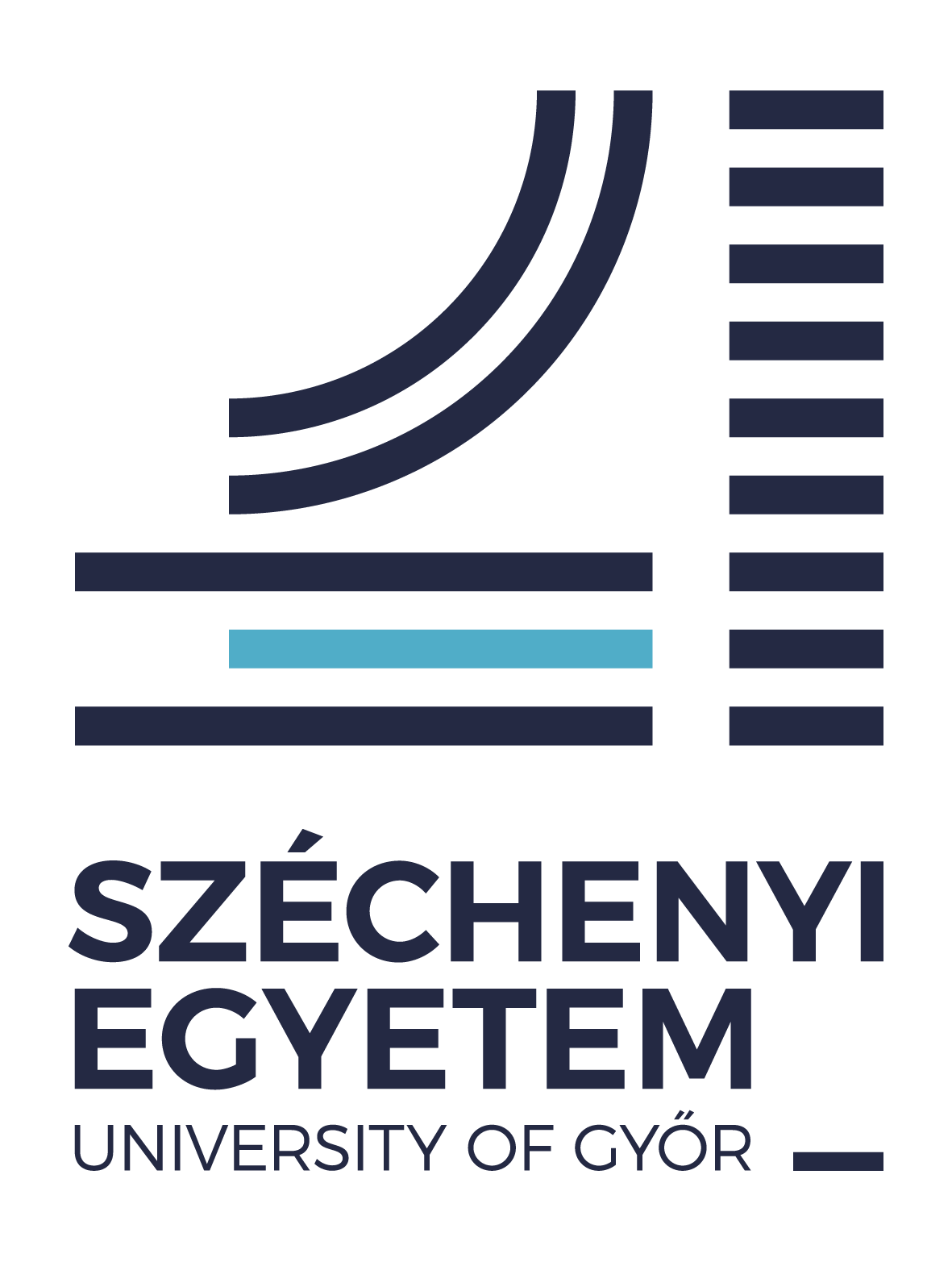Optimise Energy Consumption of Wireless Sensor Networks by using modified Ant Colony Optimization
DOI:
https://doi.org/10.14513/actatechjaur.00742Keywords:
WSN, Energy consumption, Optimization, ACOAbstract
Routing represents a pivotal concern in the context of Wireless Sensor Networks (WSN) owing to its divergence from traditional network routing paradigms. The inherent dynamism of the WSN environment, coupled with the scarcity of available resources, engenders considerable challenges for industry and academia alike in devising efficient routing strategies. Addressing these challenges, a viable recourse is applying heuristic search methodologies to ascertain the best path in WSNs. Ant Colony Optimization (ACO) is a well-established heuristic algorithm that has demonstrated notable advancements in routing contexts. This paper presents an altered routing protocol that is based on ant colony optimization. In this protocol, we incorporate the inverse of the distance between nodes and their neighbours in the probability equations of ACO, along with considering pheromone levels and residual energy. These formulation modifications facilitate the selection of the most suitable candidate for the subsequent hop, effectively minimising the average energy consumption across all nodes in each iteration. Furthermore, in this protocol, we iteratively fine-tune ACO's parameter values based on the outcomes of several experimental trials. The experimental analysis is conducted through a diverse set of network topologies, and the results are compared against well-established ACO algorithms and routing protocols. The efficacy of the proposed protocol is assessed based on various performance metrics, encompassing throughput, energy consumption, network lifetime, energy consumption, the extent of data transferred over the network, and the length of paths traversed by packets. These metrics collectively provide a comprehensive evaluation of the performance attainments of the routing protocols.
Downloads
References
M.M. Kumar; A. Chaparala. OBC-WOA: opposition-based chaotic whale optimization algorithm for energy efficient clustering in wireless sensor network. Intelligence 12 (6) (2019) pp. 249-258. https://doi.org/10.22266/ijies2019.1231.24
K. Bajaj, B. Sharma, and R. Singh: Integration of WSN with iot applications: A vision, architecture, and future challenges, in EAI/Springer Innovations in Communication and Computing, 2020. https://doi.org/10.1007/978-3-030-38516-3_5
T. K. Jain, D. S. Saini, and S. V. Bhooshan: Lifetime optimization of a multiple sink wireless sensor network through energy balancing, Journal of Sensors 2015 (2015) 21250. https://doi.org/10.1155/2015/921250
V. Sharma and A. Pughat: Introduction to energy-efficient wireless sensor networks, in Energy-Efficient Wireless Sensor Networks, 2017. https://doi.org/10.1201/9781315155470
B. Rashid and M. H. Rehmani: Applications of wireless sensor networks for urban areas: A survey, Journal of Network and Computer Applications 60 (2016) pp. 192-219. https://doi.org/10.1016/j.jnca.2015.09.008
R. E. Mohamed, A. I. Saleh, M. Abdelrazzak, and A. S. Samra: Survey on Wireless Sensor Network Applications and Energy Efficient Routing Protocols, Wireless Personal Communications 101 (29) (2018) pp. 1019-1055. https://doi.org/10.1007/s11277-018-5747-9
M. Elshrkawey, S. M. Elsherif, and M. Elsayed Wahed: An Enhancement Approach for Reducing the Energy Consumption in Wireless Sensor Networks, J. King Saud Univ. - Comput. Inf. Sci. 30 (2) (2018) pp. 259-267. https://doi.org/10.1016/j.jksuci.2017.04.002
Razooqi, Yasameen Sajid, and Muntasir Al-Asfoor: Intelligent routing to enhance energy consumption in wireless sensor network: a survey. in Mobile Computing and Sustainable Informatics: Proceedings of ICMCSI 2021. Springer (2021) pp. 283-300. https://doi.org/10.1007/978-981-16-1866-6_21
M. Selvi, S. V. N. Santhosh Kumar, S. Ganapathy, A. Ayyanar, H. Khanna Nehemiah, and A. Kannan: An Energy Efficient Clustered Gravitational and Fuzzy Based Routing Algorithm in WSNs, Wirel. Pers. Commun. 116 (1) (2021) pp. 61-90. https://doi.org/10.1007/s11277-020-07705-4
H. Singh and D. Singh: An Energy Efficient Scalable Clustering Protocol for Dynamic Wireless Sensor Networks, Wirel. Pers. Commun. 109 (4) (2019) pp. 2637-2662. https://doi.org/10.1007/s11277-019-06701-7
D. K. Bangotra, Y. Singh, A. Selwal, N. Kumar, P. K. Singh, and W. C. Hong: An intelligent opportunistic routing algorithm for wireless sensor networks and its application towards e-healthcare, Sensors 20 (14) (2020) 3887. https://doi.org/10.3390/s20143887
A. El Ghazi, B. Ahiod, and A. Ouaarab: Improved ant colony optimization routing protocol for wireless sensor networks, in Lecture Notes in Computer Science 2014, vol. 8593 LNCS. https://doi.org/10.1007/978-3-319-09581-3_17
Zhang: Real-time detection of energy consumption of IoT network nodes based on artificial intelligence, Comput. Commun. 153 (2020) pp. 188-195. https://doi.org/10.1016/j.comcom.2020.02.015
Z. Al Aghbari, A. M. Khedr, W. Osamy, I. Arif, and D. P. Agrawal: Routing in Wireless Sensor Networks Using Optimization Techniques: A Survey, Wirel. Pers. Commun. 111 (4) (2020) pp. 2407-2434. https://doi.org/10.1007/s11277-019-06993-9
Razooqi, Yasameen Sajid, and Muntasir Al-Asfoor: Energy Aware Nature inspired Routing for Wireless Sensor Networks. 2021 7th International Conference on Contemporary Information Technology and Mathematics (ICCITM). IEEE, 2021. https://doi.org/10.1109/ICCITM53167.2021.9677837
Razooqi, Yasameen Sajid, and Muntasir Al-Asfoor: Enhanced Ant Colony Optimization for Routing in WSNs An Energy Aware Approach. International Journal of Intelligent Engineering & Systems 14 (6) (2021) pp. 442-452. https://doi.org/10.22266/ijies2021.1231.39
Al-Asfoor, Muntasir, and Mohammed Hamzah Abed: The effect of the topology adaptation on search performance in overlay network. Expert Clouds and Applications: Proceedings of ICOECA 2021. Springer Singapore pp, 65-73. https://doi.org/10.1007/978-981-16-2126-0_7
S. Yousefi, F. Derakhshan, H. Karimipour, and H. S. Aghdasi: An efficient route planning model for mobile agents on the internet of things using Markov decision process, Ad Hoc Networks 98 (2020) 102053. https://doi.org/10.1016/j.adhoc.2019.102053
Downloads
Published
How to Cite
Issue
Section
License
Copyright (c) 2024 Acta Technica Jaurinensis

This work is licensed under a Creative Commons Attribution-NonCommercial 4.0 International License.







